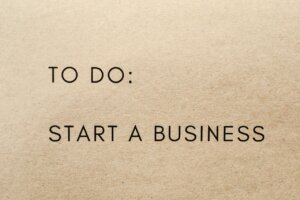If you are interested in the theories of business strategy covered in the blog post below, you may want to read Henry Mintzberg’s excellent book, Strategy Safari: A Guided Tour through the Wilds of Strategic Management. For example, Mintzberg and his co-authors provide a more lucent (and compact!) description of Michael Porter’s Five Forces Model than does Porter himself!
The demise of the cozy and friendly book store was well told in the Meg Ryan/Tom Hanks classic, You’ve Got Mail. Tom Hanks shows up in character as Joe Fox, and his Fox Books mega-store pounds the quaint little store owned by Kathleen Kelly (Ryan) out of business. Even as the movie graced screens in 1998, we watched the real life rise of twin titans Borders and Barnes & Noble as they dominated the book seller scene, crushed the small business booksellers, and absorbed the struggling mall vendors Waldenbooks and B. Dalton (remember them?) .
Don’t you remember places like Ryan’s Little Shop on the Corner, where you could talk to someone who knew every book and would happily fill your order within the week? We got our answers and stole away to find the book we needed cheaper– and in-stock– at Borders, B&N, or — just as likely — at Wal-Mart.
But as Ryan’s shop keeper might say, what goes around comes around. Just this week, Mike Edwards, the President of Borders announced that the company would enter Chapter 11 Bankruptcy. Battered by poor sales, continuing financial losses and heavy debt, the company will close about 200 of its 642 remaining stores and lay off about 6,000 of its 19,000 workers.
At its peak in 2003, Borders operated 1,249 stores under the Borders and Waldenbooks names, but now it will soon prune itself down to a third of that number. Its annual revenue has fallen by about $1 billion since 2006, the last year it reported a profit.
“You’re at war,” Hanks told Ryan. “’It’s not personal, it’s business. It’s not personal it’s business.’ Recite that to yourself every time you feel you’re losing your nerve. I know you worry about being brave, this is your chance. Fight. Fight to the death.”
This week, Borders announced it was losing the war. Citing reduced customer spending and a lack of liquidity, Edwards says the company “does not have the capital resources it needs to be a viable competitor and which are essential for it to move forward with its business strategy to reposition itself successfully for the long term.”
Strategic Thinking
Let’s turn to Michael Porter’s Five Forces model to understand betwixt which rocks and hard places Borders now finds itself. Porter recently wrote that “ In essence, the job of the strategist is to understand and cope with competition. Often, however, managers define competition too narrowly, as if it occurred only among today’s direct competitors. “ In addition to the competitive forces evident in today’s competitive landscape, Porter stresses the importance of the additional four “forces,” as shown in the graphic below.
Barnes & Noble entered the on-line sales in time to play second banana to Amazon. Borders didn’t open an online store until 2008. Too little too late. Big-box bookstores have struggled, as more people buy books online, in electronic form, or at grocery stores or discounters such as Wal-Mart
Substitutes: In Porter’s Five Forces model, substitutes are thought of as challenges from other industries. In this case, there are a remarkable number of industries beginning to infringe on the turf of the bookseller. Amazon and the internet, sure, but what about the telephone industry, for goodness sakes? You can read books on your smart phone now! And why wouldn’t Starbucks begin to feature content for readers next to the featured CDs they already offer. Why, they could hand you a classic book on a thumb-drive you can start reading before your latte is finished.
Buyers: Clearly, consumer habits are changing, our culture irreversibly affected by innovations in technology. Next time you fly, walk up and down the airplane aisle and look to see what people are doing. I see 20% watching movies on laptops, 15% listening to music on their iPhones, 30% reading a book or magazine, and as of today, a full 35% are reading their Kindles, iPads and Nooks. (Yes, these statistics are entirely made up by the blogger, but the point of my story is nonetheless true.) Suffice it to say, consumer habits are changing, and changing fast.
New Entrants: Here in the second decade of the 21st century, internet services and electronic book readers are hardly new entrants. Best guess for the future, look to the Apple iPad. Once upon a time, a company called Wang enjoyed modest success selling dedicated word processing machines, until consumers realized they could do the same tasks – and so much more – on personal computers. The makers of Kindle and Nook know this, but as they work to add functionality to their machines, look for the iPad and other tablet computers – not to mention our smart phones – to take market share from the dedicated reading tools.
Suppliers: Some publishers have already stopped shipping books to Borders altogether. But of Porter’s five competitive forces, the supplier base has the least impact on current market dynamics. The relevant suppliers are the book publishers, authors, artists and other content providers. Traditional publishers stand to lose along with Borders, and continue to fall into the black hole already populated by the uh, record companies (remember them?)
Back to the Little Shop on the Corner
You May Not Be Interested in Strategy… But Strategy Is Interested in You… Leon Trotsky
So as we see, the game of strategy is being played around us all the time and we are all actors in the play. As Trotsky said, we may not be interested in strategy, but strategy is interested in us, and will continue to affect our everyday lives. We can learn from this war over book-selling and apply insights to our own businesses and other endeavors.
Whatever business you are in, the winds of change are blowing your way too. What to do?
-
Anticipate the future. How will changing technology affect you? What do you need to do to mitigate this threat?
-
Set up barriers to entry. How can you lock in your customers and stave off competitive threats? Perhaps push your strategic approach to greater customer intimacy?
-
Attack competitor weaknesses. Come to think of it, there is some room in the Chapel Hill market just now for a little bookshop on the corner. As you’ve read, Borders has gone away. The wicked witch is dead. A smaller, more nimble competitor can take advantage of still-profitable market fragments. In fact the up-start competitor enjoys several competitive advantages, as I have written about here: The Strategic Advantage of the Upstart Competitor
Suggested Reading:
 Strategy Safari: A Guided Tour through the Wilds of Strategic Management.
Strategy Safari: A Guided Tour through the Wilds of Strategic Management.
Click on the Image of the book for further information provided by Amazon.
 Sections of this topic
Sections of this topic

